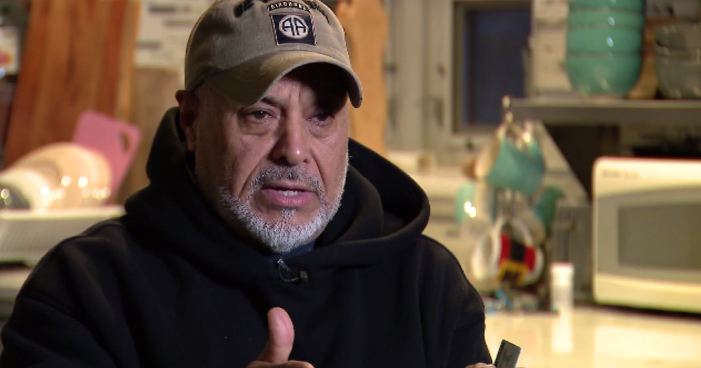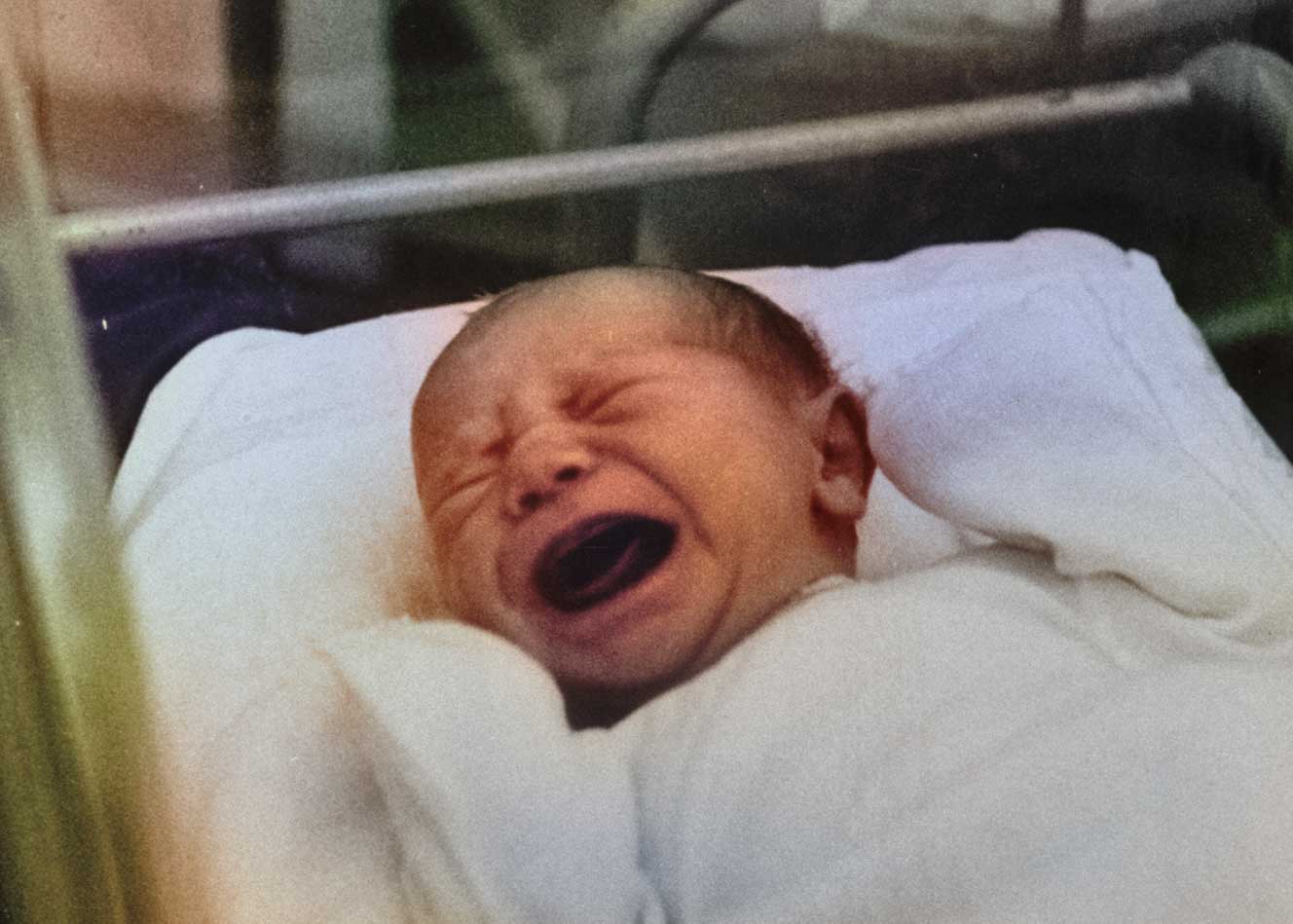ChatterBaby app could help parents figure out why their baby is crying
A new app aims to help parents interpret what their baby wants based on the sound of their cry. The free app ChatterBaby, which was released last month, analyzes the acoustic features of a baby's cry, to help parents understand whether their child might be hungry, fussy or in pain. While critics say caregivers should not rely too much on their smartphone, others say it's a helpful tool for new or weary parents.
Like many new parents, Fatema Bell is often trying to figure out why her 5-month-old son is crying. She told CBS News' Jamie Yuccas that the ChatterBaby app helps her and her husband Johnathan identify what's bothering their son more quickly. They record his cries for five seconds and the app tells them the likelihood that he is fussy, hungry or in pain.
"For me, it just goes down a mental checklist of you know, 'What do I need to do?'" Bell said. For her, the app is more of a gut check. "It was to confirm what I was feeling, basically, and knowing that I'm doing the right things in the patterns that I'm doing it."
UCLA statistician Ariana Anderson, a mother of four, developed the app. She originally designed the technology to help deaf parents better understand why their baby was upset, but soon realized it could be a helpful tool for all new parents.
"When I became a parent, I had just finished my PhD and I thought I was very, very smart and then I had a baby and I felt like an idiot because I couldn't understand what my baby needed. It was very, very stressful and overwhelming for me," Anderson said.
To build a database, Anderson and her team uploaded 2,000 audio samples of infant cries. She used cries recorded during ear piercings and vaccinations to distinguish pain cries. And to create a baseline for the other two categories, a panel of moms had to unanimously agree on whether the cry was either hungry or fussy.
"We're taking a five-second audio sample, we look at over 6,000 different acoustic features and we try to see which features associated with each state using artificial intelligence," Anderson said.
Anderson's team continues to collect data and hopes to make the app more accurate by asking parents to get specific about what certain sounds mean.
"We have things like 'ear infection,' we have 'colic,' we have 'tired,' we have every possible reason under the sun because we want to be able to increase the number of words in our vocabulary later on," Anderson said.
Pediatrician Eric Ball pointed out that evaluating cries can never be an exact science.
"I think that all of the apps and technology that new parents are using now can be helpful but need to be taken with a grain of salt," Ball said. "I do worry that some parents will get bogged down in big data and turn their parenting into basically a spreadsheet which I think will take away from the love and caring that parents are supposed to be providing for their children."
But Anderson said the aim of the app is to have parents interpret the results, not to provide a yes or no answer. The Bells say it's a win-win. They believe they are not only helping their baby now but potentially others in the future.
"You want to try to help out as much as you can, so if I could do something or if my little guy can do something that helps the next guy out, then why wouldn't you?" Johnathan Bell said.




